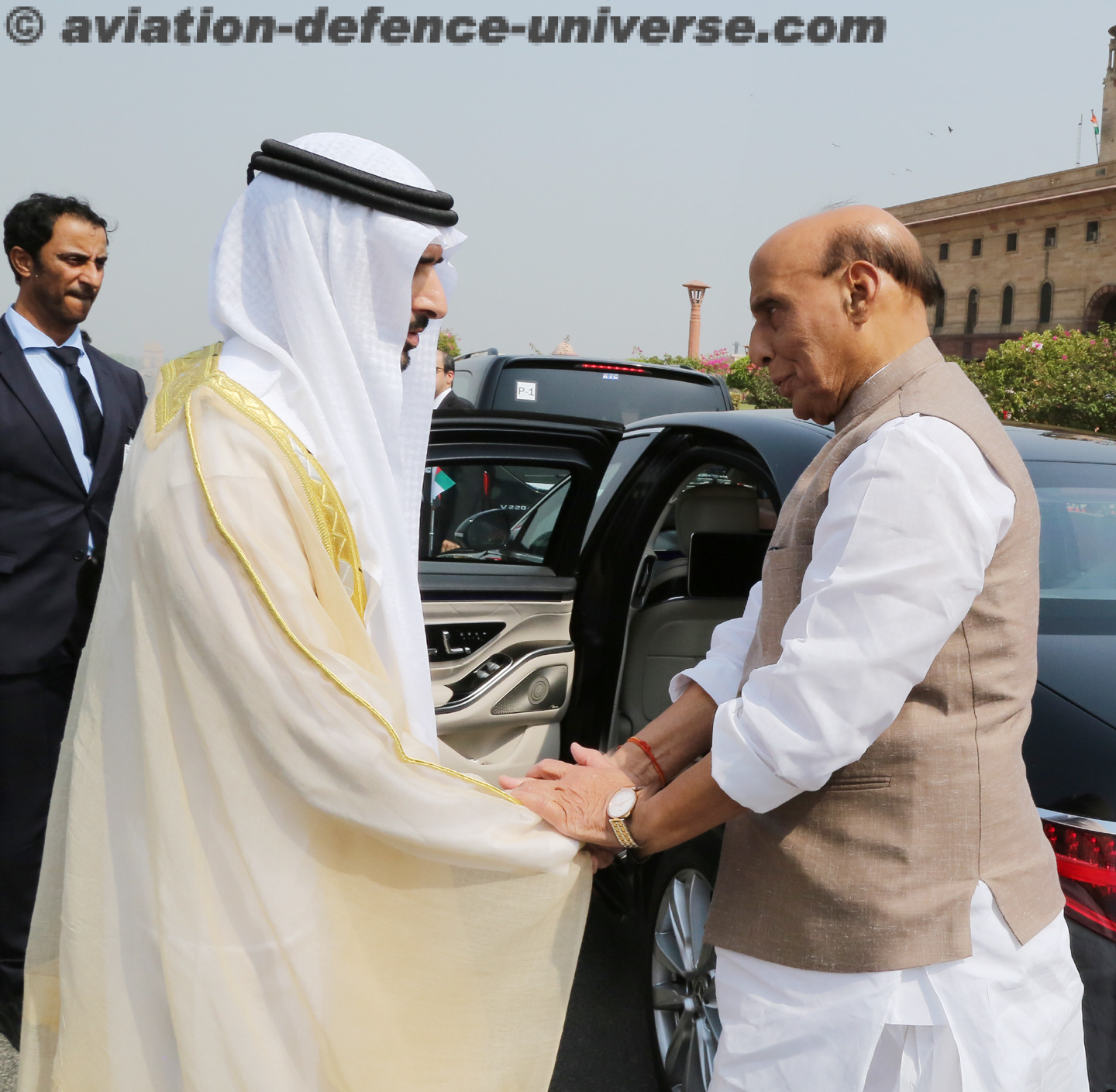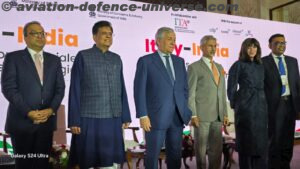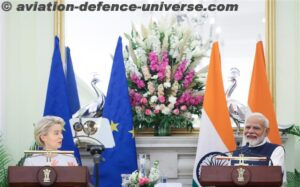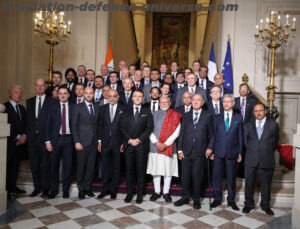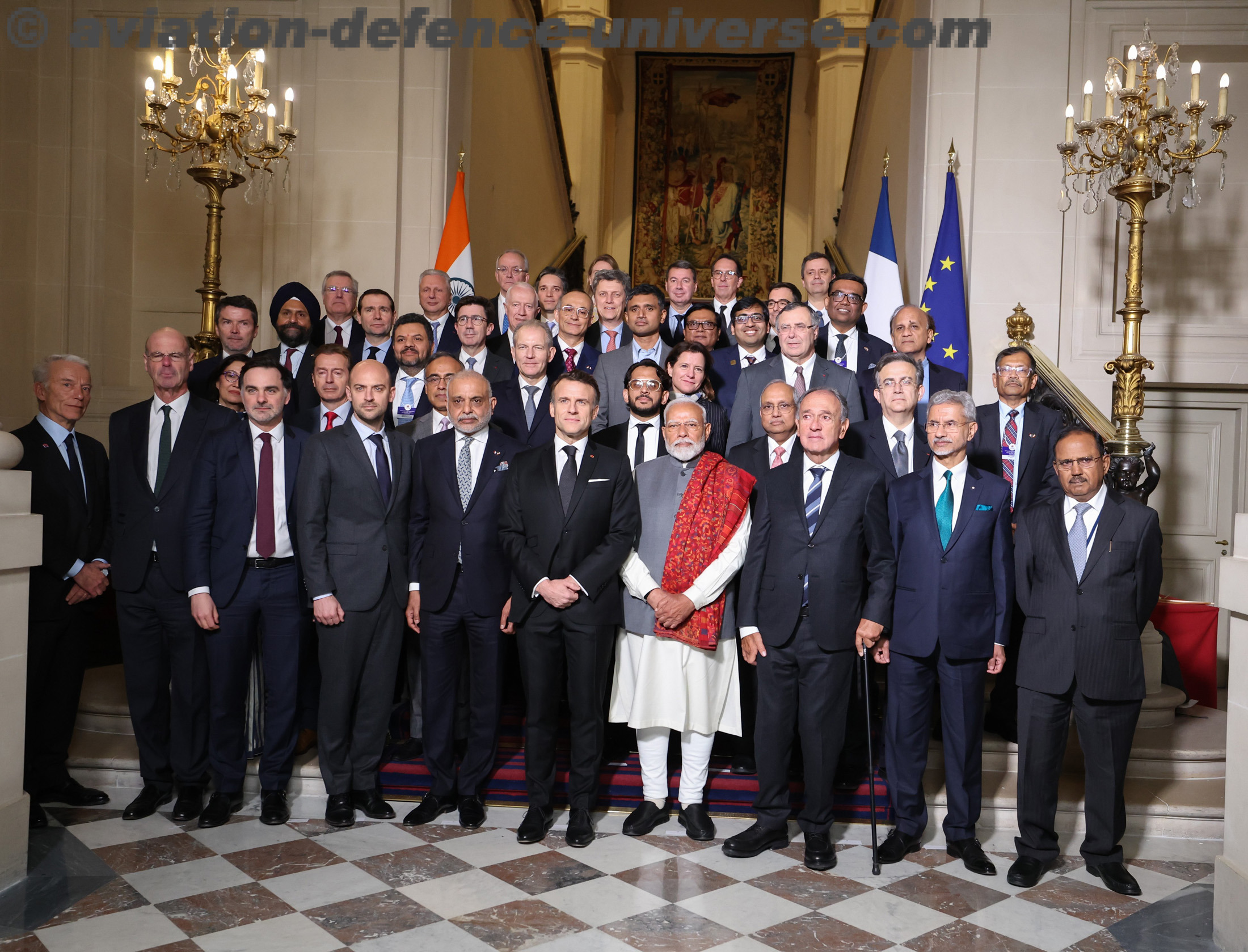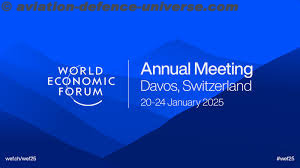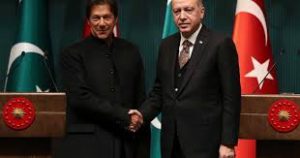
By Jai Kumar Verma
Mumbai. 25 October 2019. Turkey-Pakistan relations are strengthening very fast. In 2017 both countries celebrated 70th anniversary of establishment of diplomatic relations. Turkish President Recep Tayyip Erdoğan mentioned about “multilateral dialogue” between India and Pakistan on Kashmir. Turkish Ambassador in Pakistan stayed for a week in Muzaffarabad, capital of Pakistan Occupied Kashmir to show country’s solidarity with Pakistan on Kashmir issue. Both countries have close military relations and Turkey rendered training to Pakistani air force officers in upgrading F-16s.
Turkey extended biggest assistance to Pakistan in the Financial Action Task Force (FATF) meeting at Paris in October 2019. The meeting had to decide whether Pakistan to be downgraded to blacklist or it can be retained in the ‘grey list’. Before meeting of FATF the Asia Pacific Group (APG) the regional affiliate of FATF submitted the Mutual Evaluation Report which mentioned that Islamabad failed to implement UNSCR 1267 requirements.
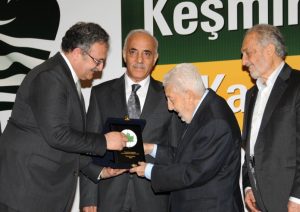
The report also mentioned that Pakistan fulfilled only five out of 27 points and the fund raising by terrorist outfits was not stopped and people involved in money laundering were not indicted. The 229 pages APG report also mentioned that quite a few terrorist organisations including Jamaat-ud-Dawa (JuD), Lashkar-e-Toiba (L-e-T), Falah-i-Insaniat Foundation (FiF), Haqqani Network, Islamic State (IS) and Al Qaeda are operating from Pakistan and government is not able to stop their activities. The APG recommended that Pakistan should be downgraded to blacklist.
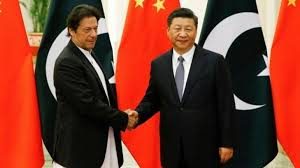
The FATF meeting was headed by China and with the help of Turkey and Malaysia Pakistan got four months extension to conform FATF stipulations. It was a big relief to Pakistan as at present country is passing from a grave economic crisis. Pakistan received assistance from Saudi Arabia, UAE and China but loan of $ 6 billion from International Monetary Fund (IMF) was utmost necessary and IMF would not have given the loan if Pakistan was downgraded to blacklist. Hence the help from all the three countries was significant.
China helped Pakistan as Beijing has already invested a sizable amount on China Pakistan Economic Corridor (CPEC) which is an important part of Belt and Road Initiative (BRI). CPEC is important for China as lot of resentment is growing in Pakistan and Pakistani economists are mentioning that China is exploiting Pakistan under CPEC. Beijing also assist Islamabad as the latter is working against India, and China considers India as its potential rival. China will not like Pakistan’s economy to collapse.
India’s import from Malaysia is about $ 10.81 billion while the export is less than $ 7 billion. In first six months India imported palm oil worth $ 900 million. The Indian businessmen are now reluctant to import palm oil from Malaysia because of its anti-India and pro-Pakistan activities.
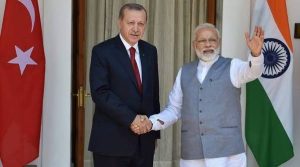
India took stringent measures against Turkey. First of all, Indian Embassy in Ankara issued a travel advisory that Indian citizens should avoid visiting Turkey. In first eight months of 2019 more than 1.5 lakh Indians already visited Turkey. New Delhi is also reviewing its defence ties with Ankara and cutting down its exports of explosives and detonators. India has also raised its concern over Turkey’s action against Kurdish forces in Syria. India is also strengthening its relations with Turkey’s three neighbours namely Cyprus, Armenia and Greece as Ankara has strained relations with them. Prime Minister Modi met the President of Cyprus, Prime Ministers of Greece and Armenia during his recent visit to United Nations.
President Erdogan’s planned visit to Pakistan starting from 23 October had to be postponed due to international pressure on Turkey to discontinue its attack on Kurdish led troops in Syria.
However, it appears that Ankara will continue its support to Islamabad as Pakistan has nuclear technology and Erdogan is determined to obtain the same. In past Abdul Qadeer Khan, father of Pakistani atom bomb sold secrets of making nuclear weapons to Iran, Libya and North Korea. Although Qadeer Khan accepted that he sold the secrets and tried to absolve army, but it was clear that he did it on behest of Pakistan government including army as it was not feasible to do it alone. According to reports Iran got nuclear secrets between 1989 to 1991 while Libya and North Korea received the nuclear technology between 1991 to 1997 from Pakistan.
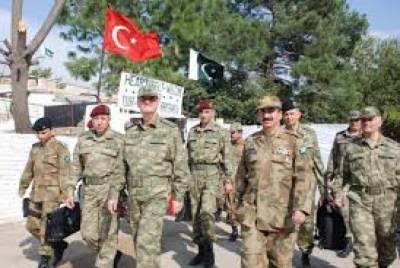
In view of past record of Pakistan and its pitiable economic condition it may again supply nuclear technology to Ankara. President Erdogan has already made it clear that Turkey wants to possess nuclear warheads as Israel and other Middle Eastern countries have nuclear missiles. The international community including international organisations must be vigilant so that Pakistan again does not supply nuclear technology and equipment to Ankara for the favours the latter is extending to the rogue nation.
Recep Tayyip Erdogan who is serving as President of Turkey since 2014 showed interest in procuring nuclear weapons. In a speech to business leaders he showed concerns about the rising trend of proliferation of nuclear technology in the region. He mentioned that arms control agreements are not acceptable as Turkey is not allowed to have nuclear weapons while some countries have missiles with nuclear warheads. He further stated that almost all developed countries possess the nuclear weapons. These comments of Turkish president were widely reported in national and international media. Even a pro-government newspaper claimed that Turkey is working on the development of nuclear missiles.
Turkey is a signatory to 1968 Non-Proliferation Treaty but now it is worried because few countries of the world either possess the nuclear bombs or are very near of producing the nuclear weapons. Pakistan and India both are nuclear powers while Iran has founded a nuclear power plant in Bushehr. Iran is a Shia ruled country and USA and others suspect that Iran is on the verge of producing nuclear warheads. There are reports that Saudi Arabia, United Arab Emirates (UAE), Egypt and Jordan are also trying to become a nuclear power. In Middle East Israel possess about 200 or more nuclear missiles and according to Erdogan nuclear powered Israel is a great threat to all Middle Eastern countries including Turkey.
Although the nuclear experts mention that the production of nuclear warheads is quite costly and complicated, and it will be difficult for Turkey to produce the bomb. Erdogan considers Turkey as an important Muslim country in the Middle East and compares it from Saudi Arabia and UAE. Erdogan made it clear through the statement that if Saudi Arabia, UAE or Iran procure nuclear technology, Turkey will not sit idle and will certainly acquire the same. Nonetheless a senior associate of Royal United Services Institute (RUSI) in London mentions that there are no visible proof that Turkey is trying to produce nuclear weapons. However, the statement of Turkish President should not be taken lightly, and Turkey may trail Iran and will try to procure nuclear technology clandestinely. Although it may be difficult as not only USA, but Russia will also not approve that Turkey becomes a nuclear power.
(Jai Kumar Verma is a Delhi-based strategic analyst and a retired senior intelligence officer. He is also member of United Services Institute of India and Institute for Defence Studies and Analyses. The views in the article are solely the author’s. He can be contacted at editor.adu@gmail.com)
















